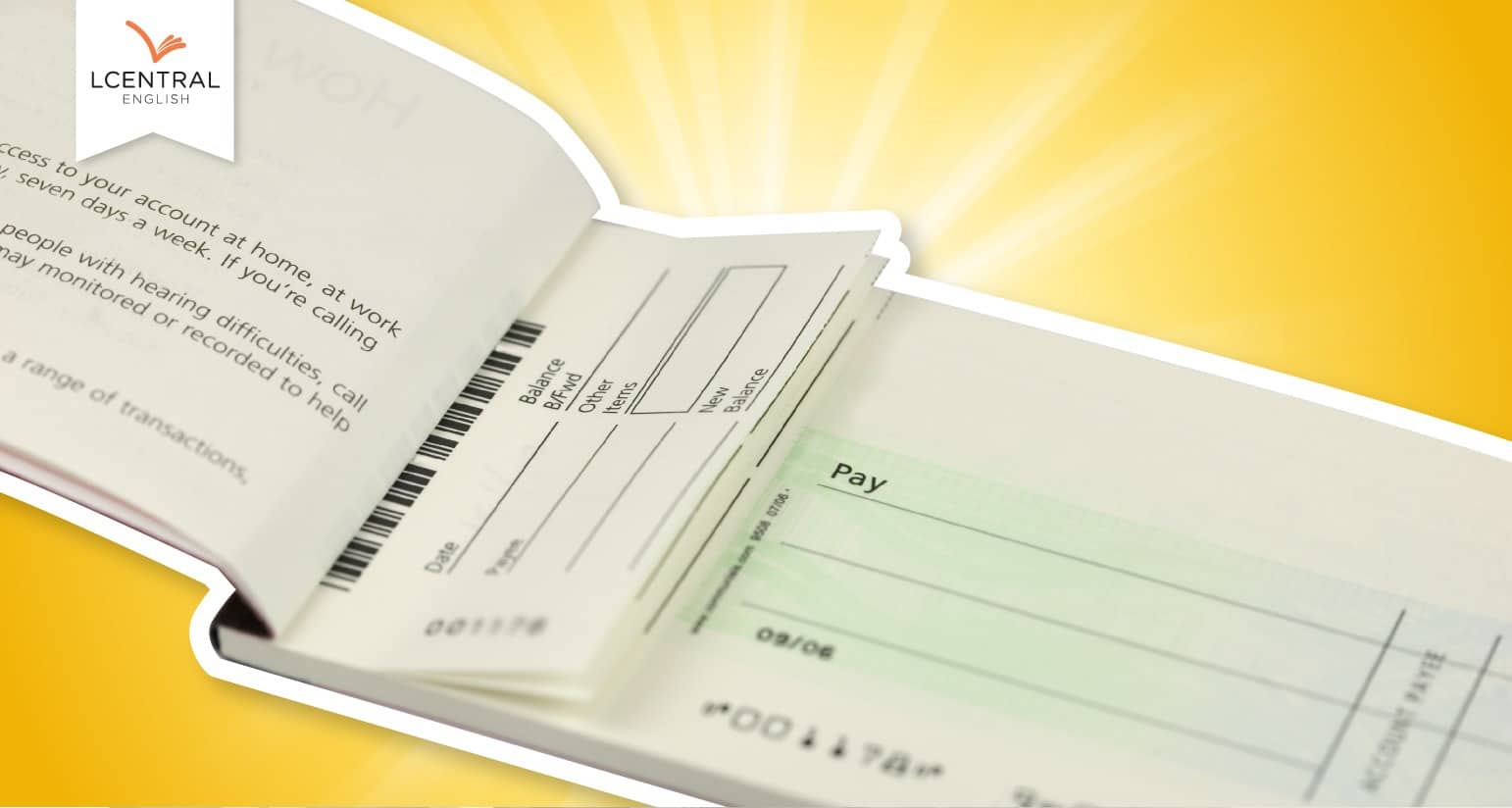10 Americanisms you didn’t know you were using… and are they a problem?
It is often said that the US and Britain are two countries separated by a common language, and this separation can cause confusion for young learners in English speaking nations.

Sometimes the Americans call something one thing and the British call it something else. Often the American name for things is more familiar as it is the one that people hear more often on television and in movies. However, since British English is the standard adopted here, Singaporean students need to be aware of the British nouns and to use them wherever possible.
Below is a list of some of the more common Americanisms used in Singapore and their British English counterparts.
Diaper

Math

Line

Potato Chips

Mom/Mommy

Cookie

Flashlight

Vacation

Soccer

Check

At the end of a meal in Britain, diners at restaurants ask for the bill.
Both countries have specially printed forms written on to order a bank to pay a stated sum from the drawer’s account. In America, this is a check (as above) whereas in Britain it is a cheque – same pronunciation but different spelling.
Speaking of spelling, that’s a whole other topic! We’ll save that for another article.
Learn the Differences
Technically, MOE permits students to use American English. However, this is only on the condition that its use is totally consistent, which means no British English. This effectively reverses the problem, and presents an even greater challenge for students.
Students should, therefore, strive to use British English wherever possible when speaking and writing. While the occasional use of certain American words may go unnoticed by examiners, errors in spelling and grammar will be penalised – even if the spelling is correct in American English. It is a good idea for students to have some British influence in the media they consume as this will sharpen their focus and help them to differentiate between British and American English.

